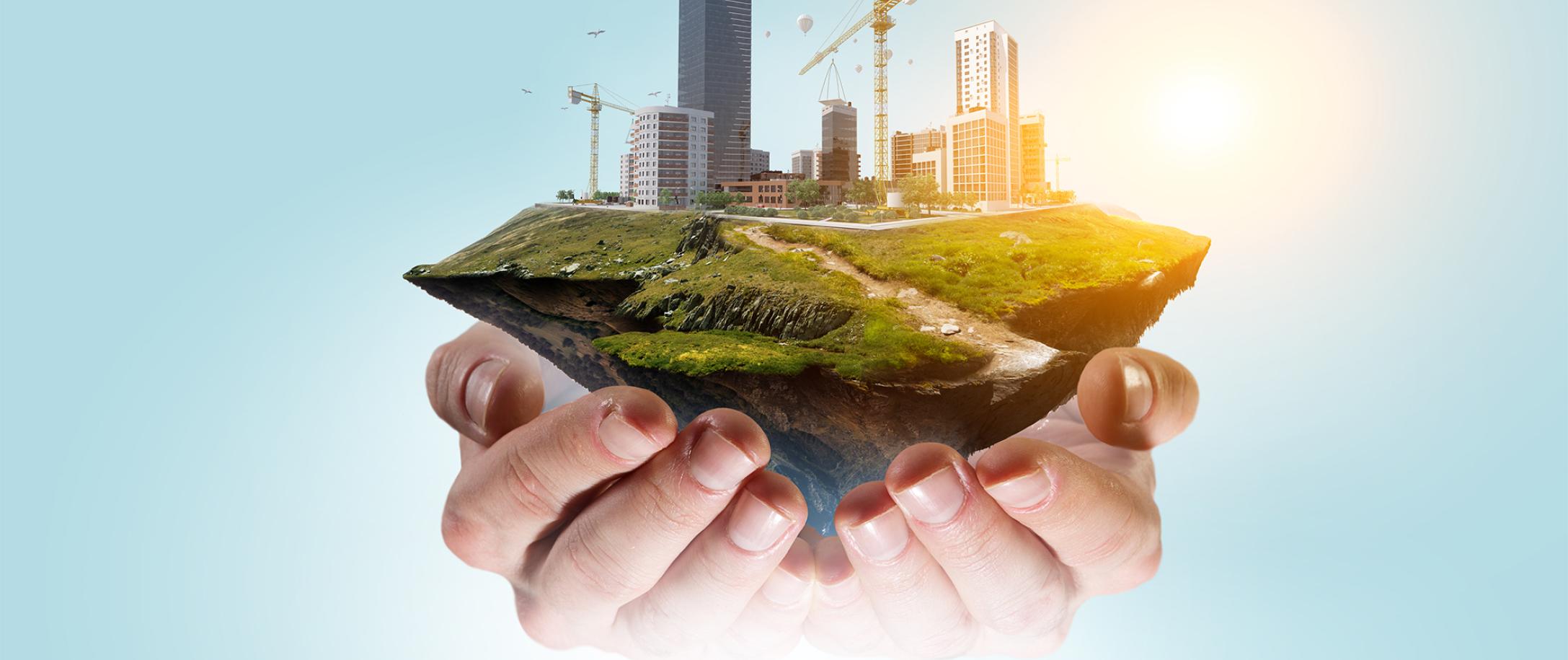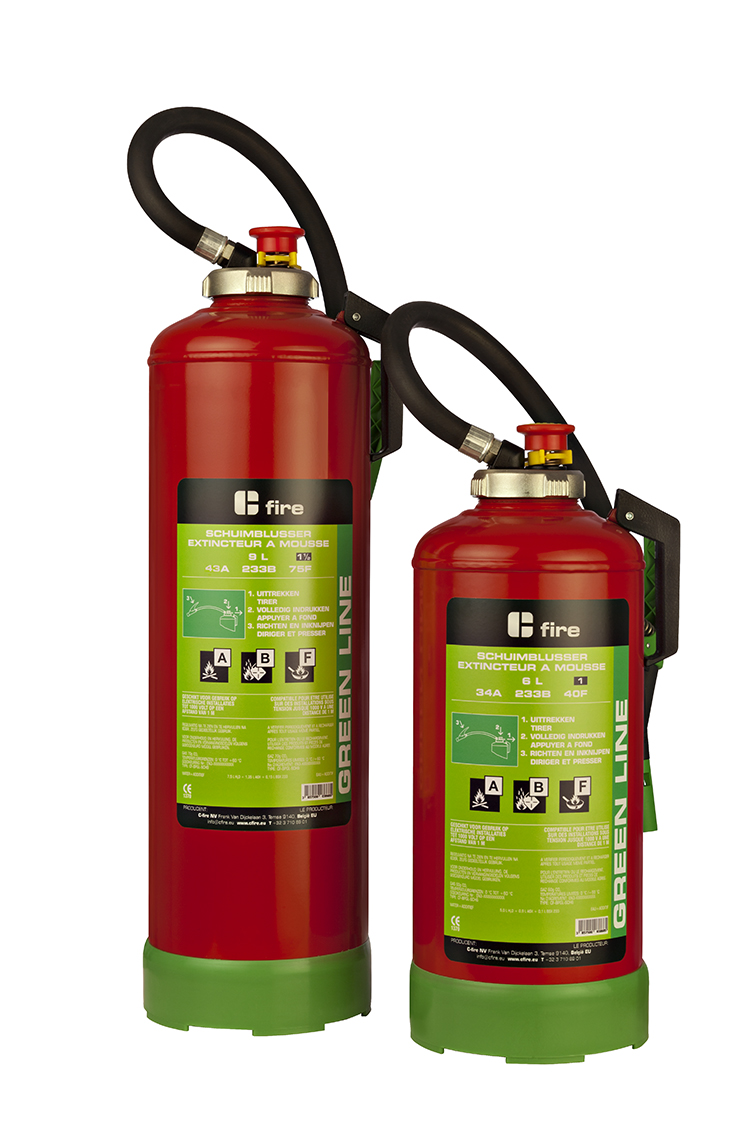Decarbonisation of buildings
Considering the growing demand for energy in buildings and the expansion of the building sector, it is crucial to reduce its carbon footprint. This can be achieved through the implementation of energy-efficient technologies, the use of low-carbon building materials in which green concrete will be an important factor, and the adoption of renewable energy sources. At Cordeel, we are aware of the challenge and see the many opportunities and devolved several solutions to tackle the problem.





